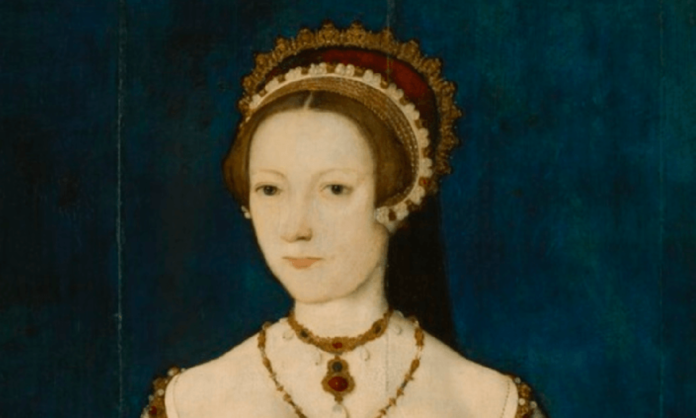Writing historical fiction presents creative challenges distinct from other types of fiction. Adding genre elements – such as a mystery – can complicate your efforts even more. You have to surprise a reader who may be familiar with your subjects, while not contradicting known facts or violating your characters’ history. If you’re hewing fairly close to reality, characters can’t simply appear where you want them or engage in relationships that couldn’t have happened.
Jane Elizabeth Hughes encountered these challenges while researching the life of Queen Katherine Parr – the sixth and final wife of Henry VIII – for her historical mystery novel, The Long-Lost Jules. In a post on DIY MFA, she shares her tips for writers tackling such an unusual challenge:
- Do your homework. Solid research will give you a strong factual basis for your imaginative writing.
- Carefully plan your reveals. It doesn’t matter when you reveal important information, but you should know approximately when and how many drops will happen so that you can plan accordingly.
- Consider the effect on your readers. If you want to shock your reader, Hughes says you should drop your reveal early, or else your reader might get peeved because you withheld important information. In contrast, if you want your reader to play along, deposit your clues throughout your story.












